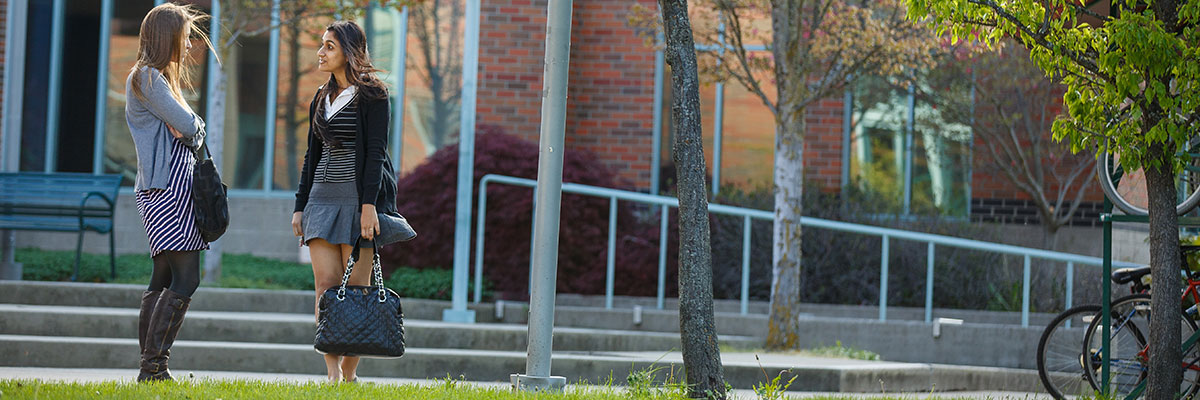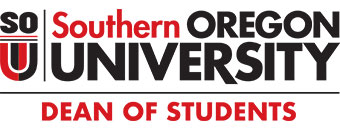
Working Together Towards a Resolution.
Adaptable resolution is a voluntary, remedies-based, structured interaction between or among affected parties that balances support and accountability without formal disciplinary action against a respondent. Adaptable resolution is generally designed to allow a respondent to acknowledge harm and accept responsibility for repairing harm (to the extent possible) experienced by the complainant and/or the university community.
If you need a confidential resource, visit Student Ombuds. Ombuds are an independent resource for SOU students needing advice, guidance, mediation, and more.
The Adaptable Resolution processes:
Meditation
Mediation is a structured process in which people attempt to resolve their differences with the assistance of a neutral third party. Mediators will guide the participants toward their own resolution. Through joint sessions and separate caucuses with each person, the mediators help both sides define the issues, understand the other’s position, and move closer toward their own resolution.
Restorative Justice Circles and Conferences
Restorative Justice Circles and Conferences bring together members of the community that have been impacted by an event or incident. They allow those who are impacted and responsible to have honest dialogue in a space where all members may speak and ask questions. It is a non-threatening way to rebuild trust, community, and relationships. Restorative Justice Circles and Conferences focus on gaining understanding and reaching a mutually desired outcome or resolution.
Facilitated Dialogue
Facilitated dialogue is the process by which the participants guide the conversation about the issues or conflict they are experiencing. A third party facilitates the conversation by keeping the involved parties on track, and helps both parties come to an agreeable resolution if possible.
Impact Panels
A panel is composed of unrelated victims and respondents linked by a similar type of violation. Through storytelling, a respondent can be exposed to the harms/impacts they have caused and may help bring closure to the complainant.
Negotiation
Negotiation involves bringing in a third party to encourage communication. Once the negotiator has a full understanding of the motives and needs of each person, they can begin to look for ways for them to compromise. The negotiator creates a contract or agreement by incorporating the agreed-upon compromises.
Circles of Support and Accountability (COSA)
A Circle of Support and Accountability focuses on reentry of an individual back to a community, in which the community members support the individual to take accountability for their actions, increase self-awareness, create expectations for behavior, and develop healthy relationships.
Dean of Students
Dean of Students Office
Stevenson Union, Room 321
1250 Siskiyou Blvd.
Ashland, OR 97520
Phone: 541.552.6221
Email: dos@sou.edu
